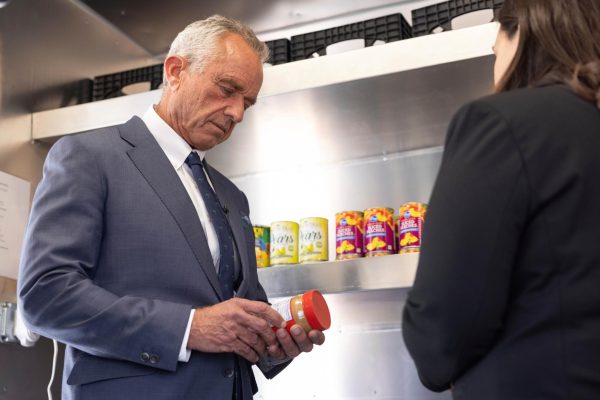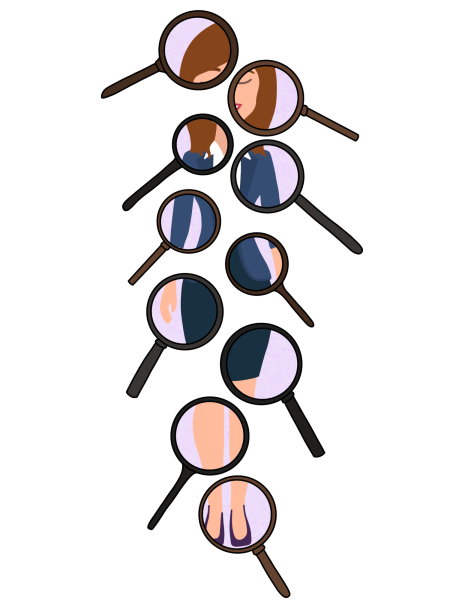Remembering 9/11
As we passed the 14th anniversary of the 9/11 attacks last week, I’ve noticed a growing amount of tension and controversy. There are two memories I always associate with 9/11, but now everything feels different and wrong. My first memory is sitting on my parents’ bed, watching the towers fall on the TV. I was four years old and supposed to go to my ballet class, but my mom told me I couldn’t. I didn’t understand why my parents rushed to go pick up my brother from second grade and I didn’t understand why they kept trying to make phone calls. All I understood was something had changed.
The second memory is the speech one of my teachers gave on the tenth anniversary of the attack. He taught in Manhattan when the planes crashed. He told us about how calm his students were. A lot of parents worked downtown, but no one could contact their families. He was inspired by the maturity and strength his classroom showed. We were quiet as he spoke. He said 9/11 made him see the horrific evil people can inflict on one another, but also a side of humanity and reverence that he will never forget.
When I think of 9/11, I think of my tutu and silent auditorium. Now there are more complex feelings about the attack, namely the American response of invading Afghanistan and the subsequent casualties. Actor Adrian Grenier posted an Instagram on 9/11 of a silhouette of the Manhattan skyline with the twin towers. The caption read “R. I. P. the 2,996 Americans who died in 9/11. R. I. P. the 1,455,590 innocent Iraqis who died during the U.S. invasion for something they didn’t do.” According to a Fox News report published on September 13, Grenier deleted the Instagram after receiving massive backlash. The Daily Mail called it “a slap in the face to the 9/11 victims.”
The post is a slap in the face to the 9/11 victims, but isn’t it also true? September 11th remembrance and blame is an incredibly tricky area to navigate. As Americans, we are intensely loyal to our country, and as a country steeped in the military-industrial complex, we strike back in self-defense. This is a good thing. But now, 14 years later, doesn’t it feel like the lines have blurred? That our invasion and recoil went sour at one point? That we’re no longer protecting democracy abroad? The answers are muddy and uncomfortable. As we face the more prominent realities and consequences of our actions abroad we’re left wondering what we’re fighting for. September 11th has become a question of patriotism, loyalty and morality. There is no right answer. Our country grieves deeply for those lost on 9/11, but we’re either unaware or willfully ignorant of what we’re doing abroad. How do we remain patriotic and supportive of our government while millions are losing their lives for something a radical group did? How do we move on? Can we?




